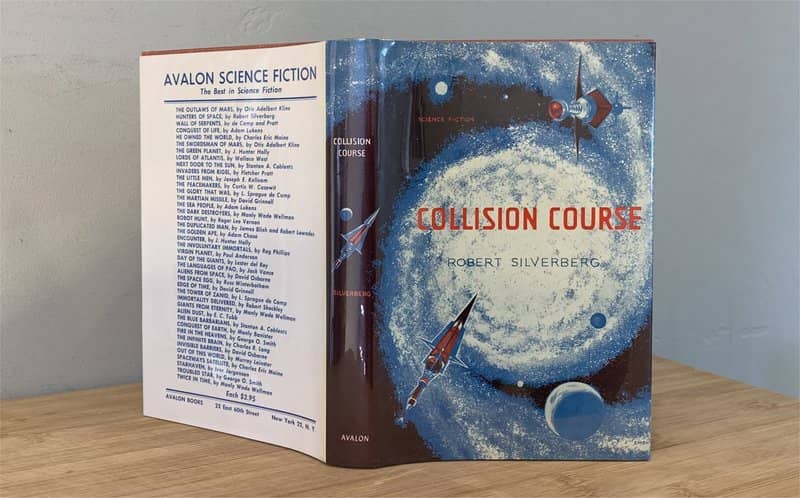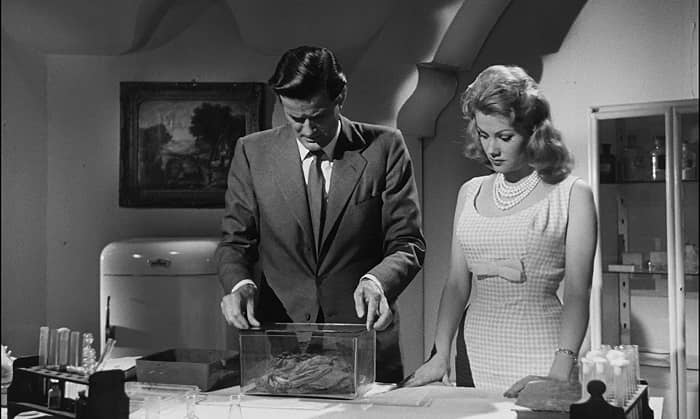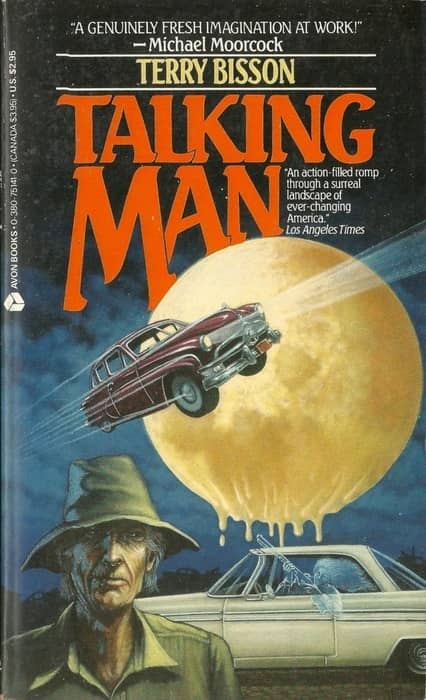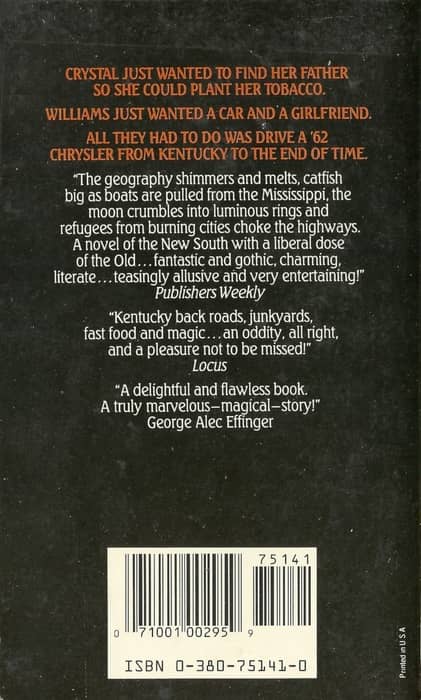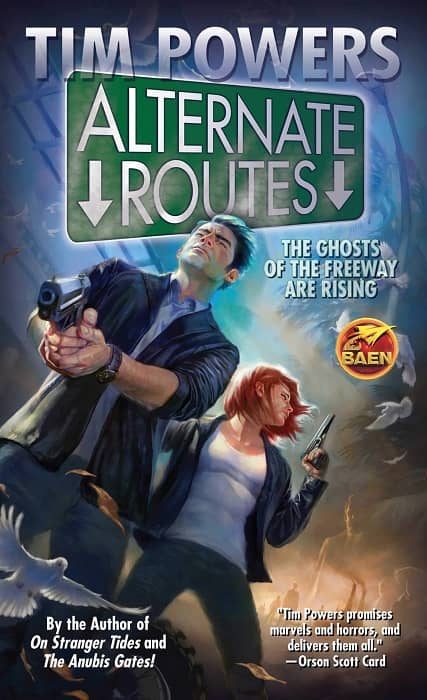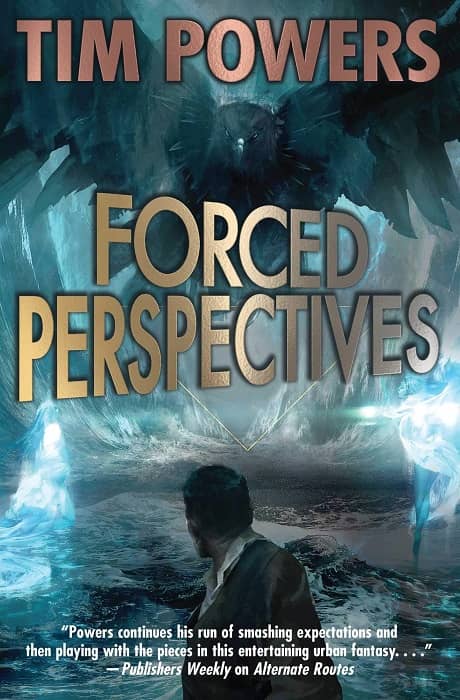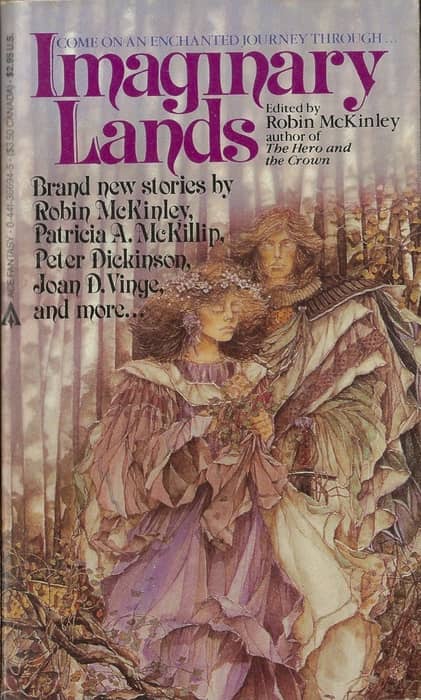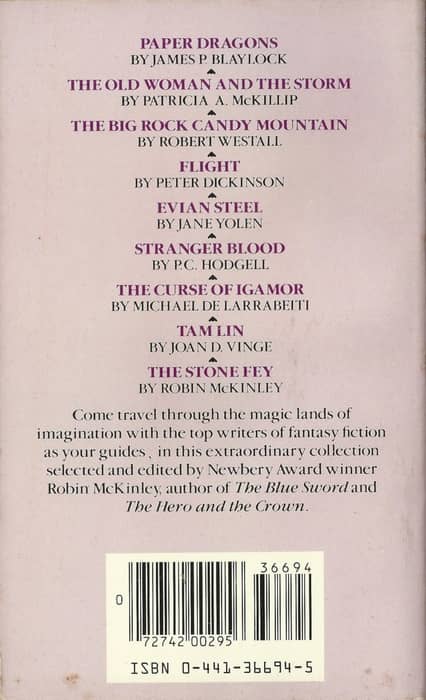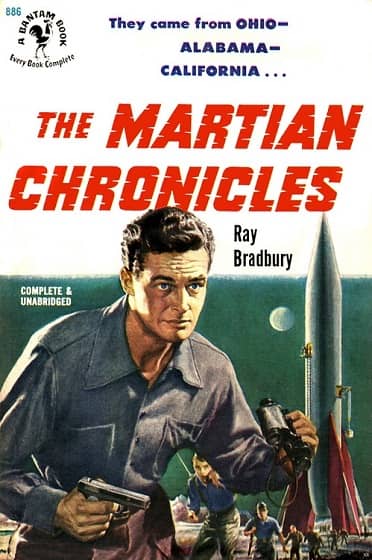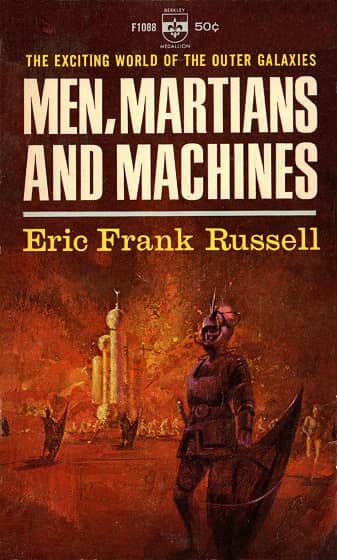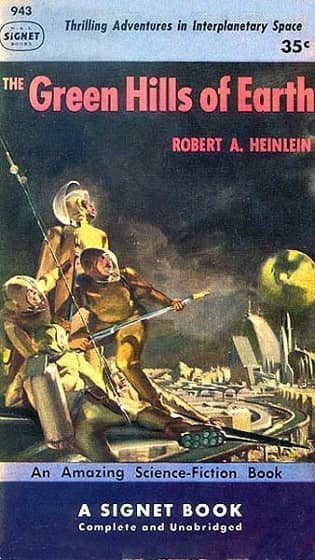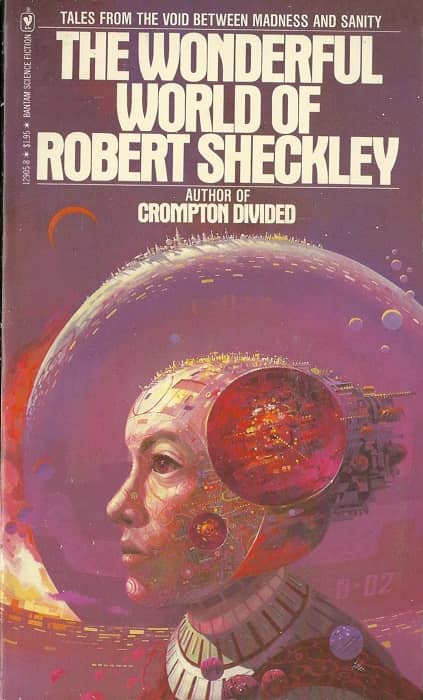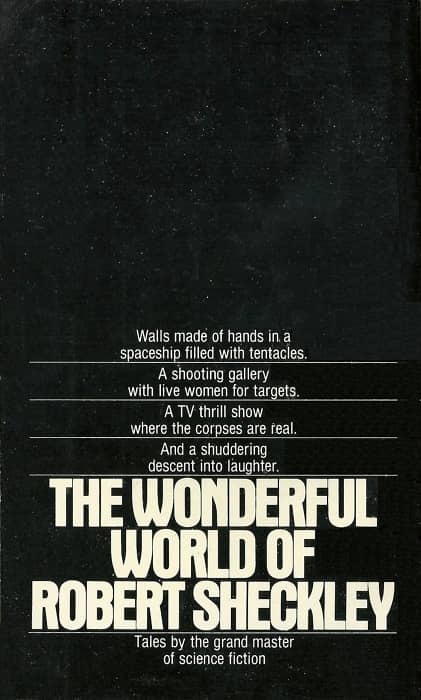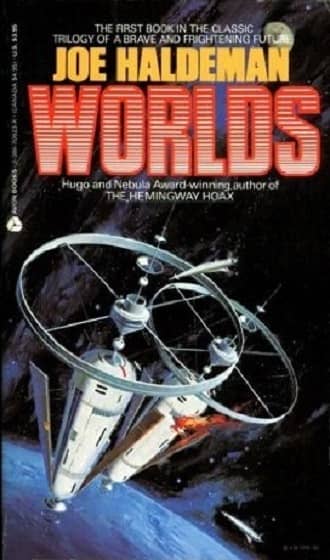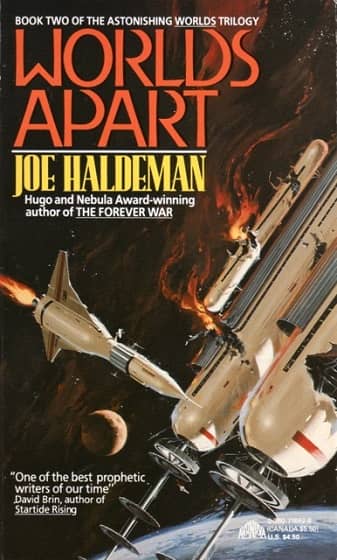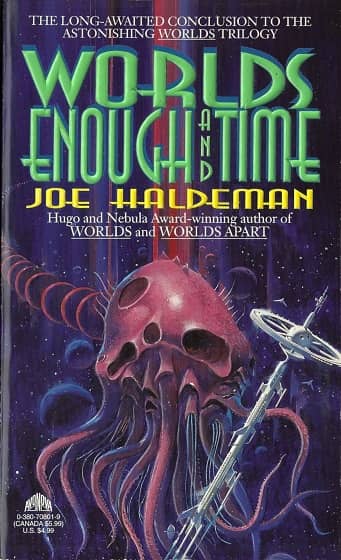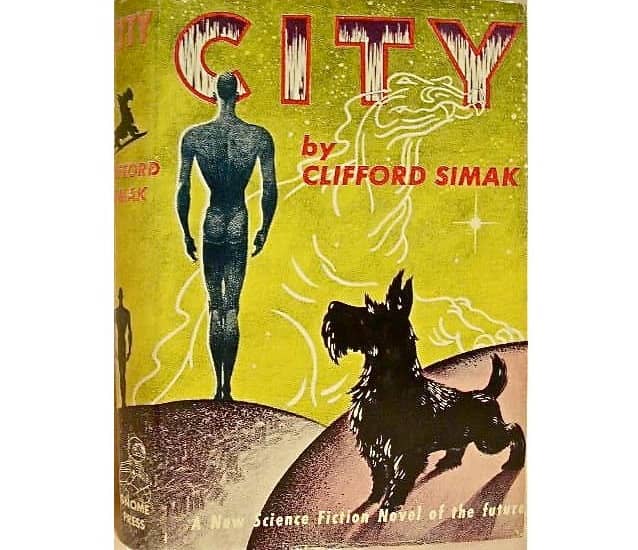Vintage Treasures: Nightfall and Other Stories by Isaac Asimov
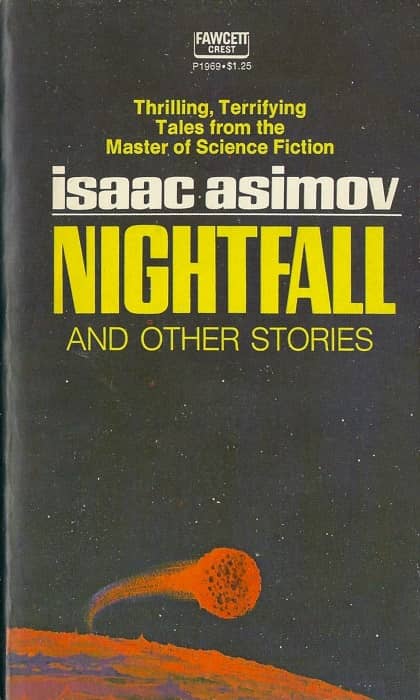 |
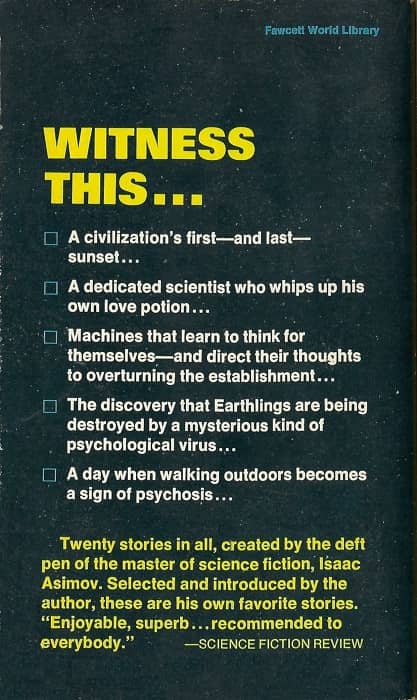 |
Nightfall and Other Stories (Fawcett Crest, 1970). Cover artist unknown.
I’ve been buying small collections recently, and writing about some of the more interesting items here. Two months back I was unpacking a box of 70s paperbacks, and I made a genuinely interesting find: a copy of Nightfall and Other Stories by Isaac Asimov.
Asimov was one of my heroes. There was a time in the 70s and 80s when he was science fiction, the embodiment not just of what was best in modern SF, but its living history. Asimov was one of John W. Campbell’s early discoveries in Astounding, part of that famous group of brilliant writers that shook up the genre and remade it from the ground up. He began his career as a teenage writer for the pulps in the late 30s, and produced some of the most important SF of the 20th Century in his early years, including the cycle of futuristic mysteries starring Susan Calvin that became I, Robot, the decades-long bestseller Foundation and its sequels, and many, many others.
A generous selection of those tales are collected in Nightfall and Other Stories, including the title story “Nightfall,” selected by the Science Fiction Writers of America as the best science fiction story of all time in 1968, when it was included in The Science Fiction Hall of Fame Volume One, 1929-1964. “Nightfall” is the oldest story in the collection, but there are plenty more from Asimov’s most productive period in the magazines, including “Breeds There a Man…?”, the Multivac tale “The Machine That Won the War,” and “Eyes Do More Than See.”
It’s an understatement to say that Nightfall and Other Stories was popular. It was required reading among SF fans, back in the days when kids hung out in cafeterias at lunch and talked about books. Like Dune, Starship Troopers, and The Lord of the Rings, it was simply expected that you were conversant with it, and could keep up with a conversation that referred obliquely to the stories. I’m sure there were a handful of other collections that were accorded similar respect… but I can’t think of any at the moment.
